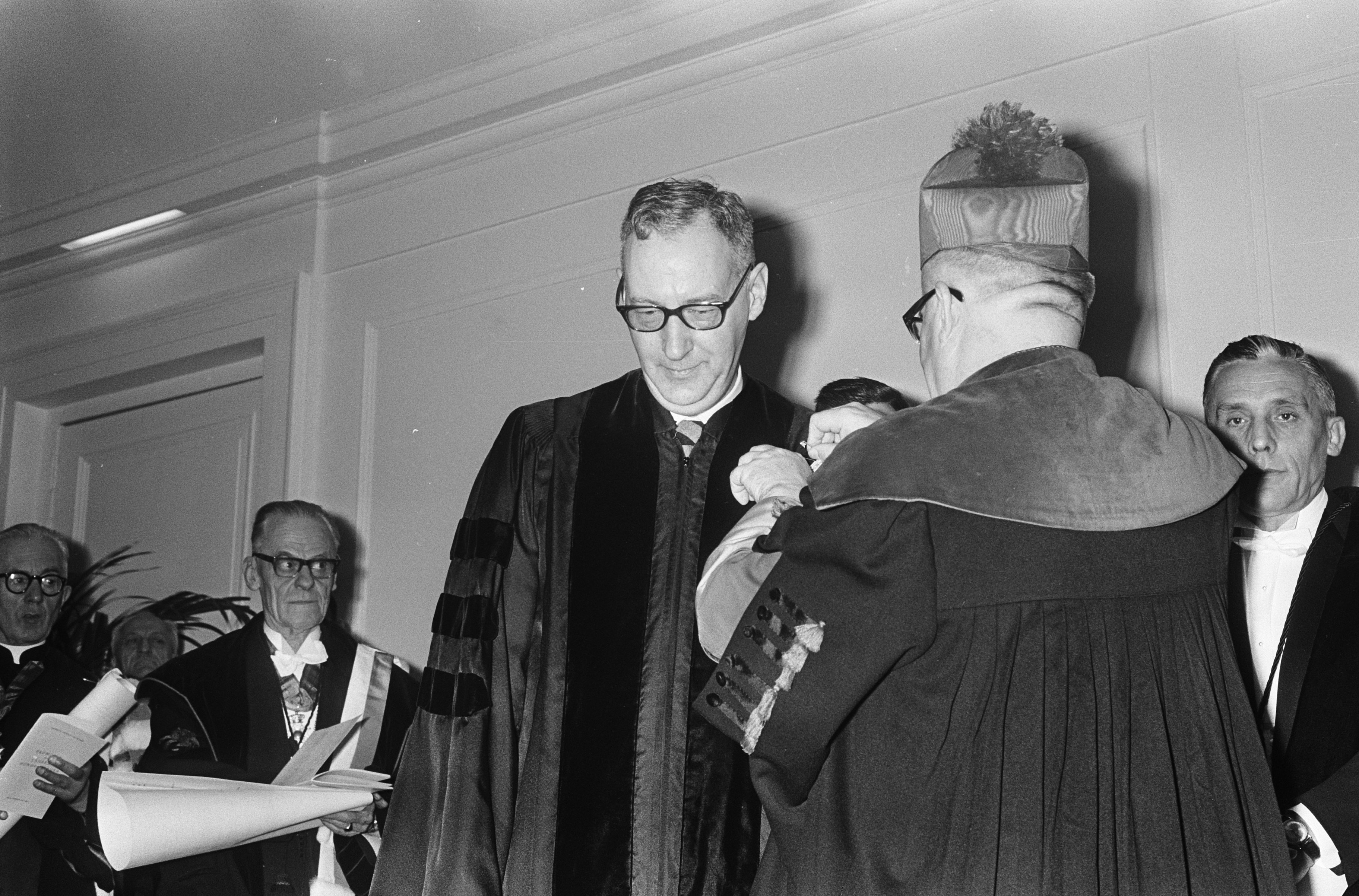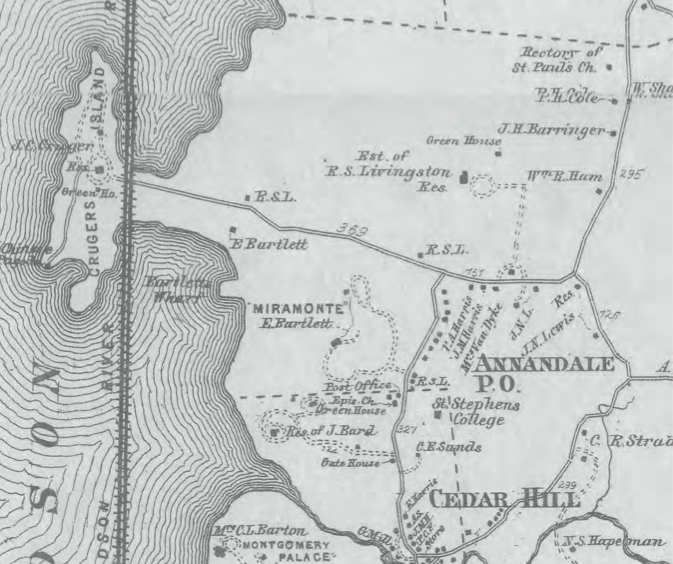|
Inflationary Gap
An inflationary gap, in economics, is the amount by which the actual gross domestic product (GDP) exceeds potential full-employment GDP. It is one type of output gap, the other being a recessionary gap. Overview The concept of the inflationary gap was first given by John Maynard Keynes in his work, ''How to Pay for War? (1940)''. In it, the concept was employed to study and solve problems regarding war finance. Keynes starts the analysis of the inflationary gap from the level of full employment equilibrium whereas his other analyses are based on under-employment equilibrium. Mechanism Let the full employment output be YF and the actual output that the economy is currently producing be Y. If the difference YF - Y is negative, the actual national income exceeds the potential national income, which is known as the inflationary gap. If this gap is positive, it is known as recessionary gap. The inflationary gap is always an ex-ante phenomenon; it is always expected to occu ... [...More Info...] [...Related Items...] OR: [Wikipedia] [Google] [Baidu] |
Public Finance
Public finance is the study of the role of the government in the economy. It is the branch of economics that assesses the government revenue and government expenditure of the public authorities and the adjustment of one or the other to achieve desirable effects and avoid undesirable ones. The purview of public finance is considered to be threefold, consisting of governmental effects on: # The efficient allocation of available resources; # The distribution of income among citizens; and # The stability of the economy. Economist Jonathan Gruber has put forth a framework to assess the broad field of public finance. Gruber suggests public finance should be thought of in terms of four central questions: # When should the government intervene in the economy? To which there are two central motivations for government intervention, Market failure and redistribution of income and wealth. # How might the government intervene? Once the decision is made to intervene the government must ... [...More Info...] [...Related Items...] OR: [Wikipedia] [Google] [Baidu] |
Recessionary Gap
The GDP gap or the output gap is the difference between actual GDP or actual output and potential GDP, in an attempt to identify the current economic position over the business cycle. The measure of output gap is largely used in macroeconomic policy (in particular in the context of EU fiscal rules compliance). The GDP gap is a highly criticized notion, in particular due to the fact that the potential GDP is not an observable variable, it is instead often derived from past GDP data, which could lead to systemic downward biases."True, the output gap is an elusive concept that should never have become a gauge for conducting public policy, and it may be larger than thought."Monetary policy: lifting the veil of effectivenes Speech by Benoit Cœuré, 18 December 2019 Calculation The calculation for the output gap is Y–Y* where Y is actual output and Y* is potential output. If this calculation yields a positive number it is called an inflationary gap and indicates the growth of ... [...More Info...] [...Related Items...] OR: [Wikipedia] [Google] [Baidu] |
Tjalling Koopmans
Tjalling Charles Koopmans (August 28, 1910 – February 26, 1985) was a Dutch-American mathematician and economist. He was the joint winner with Leonid Kantorovich of the 1975 Nobel Memorial Prize in Economic Sciences for his work on the theory of the optimum allocation of resources. Koopmans showed that on the basis of certain efficiency criteria, it is possible to make important deductions concerning optimum price systems. Biography Koopmans was born in 's-Graveland, Netherlands. He began his university education at the Utrecht University at seventeen, specializing in mathematics. Three years later, in 1930, he switched to theoretical physics. In 1933, he met Jan Tinbergen, the winner of the 1969 Nobel Memorial Prize in Economics, and moved to Amsterdam to study mathematical economics under him. In addition to mathematical economics, Koopmans extended his explorations to econometrics and statistics. In 1936 he graduated from Leiden University with a PhD, under the directio ... [...More Info...] [...Related Items...] OR: [Wikipedia] [Google] [Baidu] |
Keynes
John Maynard Keynes, 1st Baron Keynes, ( ; 5 June 1883 – 21 April 1946), was an English economist whose ideas fundamentally changed the theory and practice of macroeconomics and the economic policies of governments. Originally trained in mathematics, he built on and greatly refined earlier work on the causes of business cycles. One of the most influential economists of the 20th century, he produced writings that are the basis for the school of thought known as Keynesian economics, and its various offshoots. His ideas, reformulated as New Keynesianism, are fundamental to mainstream macroeconomics. Keynes's intellect was evident early in life; in 1902, he gained admittance to the competitive mathematics program at King's College at the University of Cambridge. During the Great Depression of the 1930s, Keynes spearheaded a revolution in economic thinking, challenging the ideas of neoclassical economics that held that free markets would, in the short to medium term, automa ... [...More Info...] [...Related Items...] OR: [Wikipedia] [Google] [Baidu] |
Erik Lundberg
Erik Filip Lundberg (13 August 1907 – 14 September 1987) was a Swedish economist, born in Stockholm. He was a professor of political economics at Stockholm University and a member of the Stockholm School of economic thought. He was president of the International Economic Association from 1968 to 1971. From 1969 to 1979, he was a member of the committee that selects the laureates for the Sveriges Riksbank Prize in Economic Sciences, the Economics Prize Committee, and served as the committee's chairman from 1975 to 1979. Erik Lundberg was the son of mathematician Ph.D. Filip Lundberg (1876-1965) and Astrid Bergstedt. 1931-33 he studied in the United States as Rockefeller Scholar, after his associate degree at Stockholm University, and when he returned to Sweden, he received post at the Riksbank's economic secretariat. In 1934 he was economic planning committee financial advisor in Iceland. He took his doctorate in 1937 with Studies in the theory of economic expansion, and rece ... [...More Info...] [...Related Items...] OR: [Wikipedia] [Google] [Baidu] |
Milton Friedman
Milton Friedman (; July 31, 1912 – November 16, 2006) was an American economist and statistician who received the 1976 Nobel Memorial Prize in Economic Sciences for his research on consumption analysis, monetary history and theory and the complexity of stabilization policy. With George Stigler and others, Friedman was among the intellectual leaders of the Chicago school of economics, a neoclassical school of economic thought associated with the work of the faculty at the University of Chicago that rejected Keynesianism in favor of monetarism until the mid-1970s, when it turned to new classical macroeconomics heavily based on the concept of rational expectations. Several students, young professors and academics who were recruited or mentored by Friedman at Chicago went on to become leading economists, including Gary Becker, Robert Fogel, Thomas Sowell and Robert Lucas Jr. Friedman's challenges to what he called "naive Keynesian theory" began with his interpretation ... [...More Info...] [...Related Items...] OR: [Wikipedia] [Google] [Baidu] |
Bard College
Bard College is a private college, private Liberal arts colleges in the United States, liberal arts college in Annandale-on-Hudson, New York. The campus overlooks the Hudson River and Catskill Mountains, and is within the Hudson River Historic District—a National Historic Landmark. Founded in 1860, the institution consists of a liberal arts college and a Bard College Conservatory of Music, conservatory, as well as eight graduate programs offering over 20 graduate degrees in the arts and sciences. The college has a network of over 35 affiliated programs, institutes, and centers, spanning twelve city, cities, five U.S. states, states, seven country, countries, and four continents. History Origins and early years During much of the nineteenth century, the land now owned by Bard was mainly composed of several estate (land), country estates. These estates were called Blithewood, Bartlett, Sands, Cruger's Island, and Ward Manor/Almont. In 1853, John Bard (philanthropist), ... [...More Info...] [...Related Items...] OR: [Wikipedia] [Google] [Baidu] |
Levy Economics Institute
Founded in 1986 as the Jerome Levy Economics Institute, the Levy Economics Institute of Bard College is a nonprofit, nonpartisan public policy think tank. The purpose of its research and other activities is to enable scholars and leaders in business, labor, and government to work together on problems of common interest. Its findings are disseminated—via publications, conferences, seminars, congressional testimony, and partnerships with other nonprofits—to a global audience of public officials, private sector executives, academics, and the general public. Through this process of scholarship, analysis, and informed debate, the Levy Institute generates public policy responses to economic problems. The Levy Institute is housed on the campus of Bard College in Annandale-on-Hudson, New York, located 90 miles north of New York City. Blithewood, a Georgian-style manor at the campus's western edge, is the institute's main research and conference facility. Designed as a private residen ... [...More Info...] [...Related Items...] OR: [Wikipedia] [Google] [Baidu] |
Pavlina R
Pavlina may refer to: Given name: * Pavlina Chilingirova (born 1955), Bulgarian chess player, Woman International Master (WIM, 1982) *Pavlina Evro Pavlina Evro (born 22 January 1965) is a retired Albanian mid-distance and long-distance runner athlete. Born in Korçë, Albania she specialized in the mid-distances of 800m and 1500m. She is the most famous Albanian athlete for her extraordinar ... (born 1965), retired Albanian mid-distance and long-distance runner * Pavlina Filipova (born 1975), Bulgarian biathlete * Pavlina Hoti, member of the Assembly of the Republic of Albania for the Democratic Party of Albania * Pavlina Jobankova (born 1973), Czechoslovak-Czech sprint canoeist * Pavlina Khristova (born 1968), Bulgarian rower * Pavlina Nemcova (born 1973), Czech model, actress and producer * Pavlina Nikaj (1931–2011), Albanian singer * Pavlina Nola (born 1974), former tennis player who played for both Bulgaria and New Zealand * Pavlina Osta (born 1997), American radio personali ... [...More Info...] [...Related Items...] OR: [Wikipedia] [Google] [Baidu] |
Monetary Policy
Monetary policy is the policy adopted by the monetary authority of a nation to control either the interest rate payable for very short-term borrowing (borrowing by banks from each other to meet their short-term needs) or the money supply, often as an attempt to reduce inflation or the interest rate, to ensure price stability and general trust of the value and stability of the nation's currency. Monetary policy is a modification of the supply of money, i.e. "printing" more money, or decreasing the money supply by changing interest rates or removing excess reserves. This is in contrast to fiscal policy, which relies on taxation, government spending, and government borrowing as methods for a government to manage business cycle phenomena such as recessions. Further purposes of a monetary policy are usually to contribute to the stability of gross domestic product, to achieve and maintain low unemployment, and to maintain predictable exchange rates with other currencies. Monetary ... [...More Info...] [...Related Items...] OR: [Wikipedia] [Google] [Baidu] |
Monetary Policies
Monetary policy is the policy adopted by the monetary authority of a nation to control either the interest rate payable for very short-term borrowing (borrowing by banks from each other to meet their short-term needs) or the money supply, often as an attempt to reduce inflation or the interest rate, to ensure price stability and general trust of the value and stability of the nation's currency. Monetary policy is a modification of the supply of money, i.e. "printing" more money, or decreasing the money supply by changing interest rates or removing excess reserves. This is in contrast to fiscal policy, which relies on taxation, government spending, and government borrowing as methods for a government to manage business cycle phenomena such as recessions. Further purposes of a monetary policy are usually to contribute to the stability of gross domestic product, to achieve and maintain low unemployment, and to maintain predictable exchange rates with other currencies. Monetary ... [...More Info...] [...Related Items...] OR: [Wikipedia] [Google] [Baidu] |






